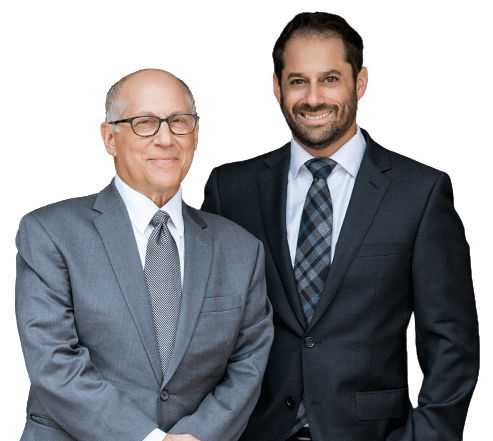
You’ve been injured while at work and have taken the first step to filing a workers’ compensation claim: hiring an attorney. Now the real work starts. What should you bring to your first meeting to ensure that you are most prepared and that your case will be as successful as possible? The items and information below will start your case strong.
History of Employment and Accident/Injury
In order to best represent you on your case, an attorney needs to get a good idea of your employment and injury history. Sometimes this can include not only your current employer, but also previous employers. Bring answers to these questions:
- Have you ever previously filed a workers’ compensation claim? What type of injury was that for?
- How long have you been employed with your current employer where you were injured?
- Have you received any compensation from either the Bureau of Workers’ Compensation or your employer since your injury?
- Have you been off of work due to your injury? And if so, for which specific dates?
Documentation
As far as physical documentation goes, bring anything you think could be relevant (or not relevant, but related) to your case. While an attorney will find a way to get all of the necessary documentation, it is always helpful for the client to bring any information they have in their possession to the first meeting. Helpful documents include any accident reports that have been filed, bills that have been sent and any correspondence between you and your employer, as well as other items such as:
- Proof of employment
- Paystubs or W-2s to show your employment history and give your attorney an idea of your compensation
- Reports of your injury, both your own account and any formal documentation
- Formal notice to your employer
- Any informal communication you’ve had with your employer
- Witnesses to your injury, if applicable, with their contact information
- Medical records documenting the injury
- Include any contact information for medical professionals you saw during this time
- This can also include medical bills as a result of your injury, not just the bills of when the injury itself was treated
- Any photographs of either the place where the injury occurred or the injury itself
Questions
Along with all of the information that you need to provide to your attorney, you should also come prepared with any questions you have regarding your case. It’s important that you fully understand your rights in this case, the rights of your employer and what next steps will be regarding your case. Consider asking questions such as:
- How long will it take to get a response on my claim?
- What if a third-party caused my accident?
- Can I continue to collect workers’ compensation benefits if I go back to work?
- What will happen if my claim is approved?
- What if I am permanently disabled?
- What if my employer does not have workers’ compensation coverage?
- How much of your caseload is workers’ compensation related?
- How are fees and litigation costs handled?
Armed with this information, you will start off your first meeting with your attorney on the right foot and could speed up the process by being well prepared. Further, you will leave knowing that you took a large step in getting compensation for your injury.
At Bentoff and Duber, we are happy to answer the above questions and more. We don’t get paid until you win your case and we will fight for you to get the compensation you deserve in your workers’ compensation case. 216-861-1234 or submit a contact form for a free consultation.
Determining if you should file for workers’ compensation?
Check out these other blogs from Bentoff and Duber:
- What Does the New Statute of Limitations for Workers’ Compensation in Ohio Mean?
- The Five Mistakes People Make When Filing Workers’ Compensation Claims
- Does workers’ compensation cover me if I’m injured outside of work?
- Can I be fired for hiring an attorney or filing a workers’ compensation claim?
- Ohio workers’ compensation laws: Independent contractors vs. employees
About the author: Brandon Duber, a Partner with Bentoff & Duber Co., LPA, is a lawyer with proven experience in the courtroom and expertise in the areas of workers’ compensation, criminal defense, personal injury and medical malpractice law. He received his B.A. from Skidmore College in Saratoga Springs, NY and his J.D. from The Case Western Reserve University School of Law in Cleveland, OH.

